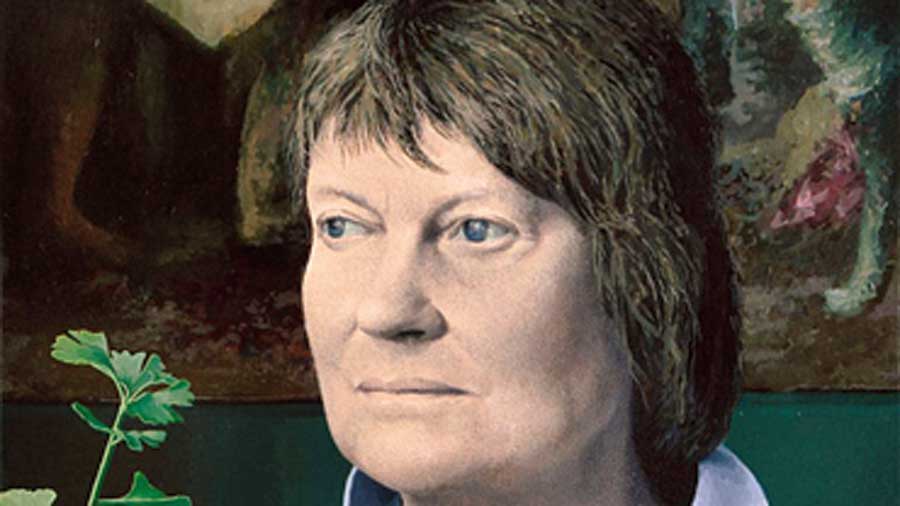Iris Murdoch had once, in a letter to the artist, Rachel Fenner, written, “Love is better than no love, though it can hurt so much”. Indeed, for all the ‘eccentricities’ that the brilliant novelist’s works are often accused of bearing, her convention-defying approach towards literature and philosophy seemed to have a clear aim — to emphasize a distinct relationship between art and morals, and to encourage a higher, more expansive understanding of love as the guiding principle of life. Murdoch is considered rather unfashionable for a novelist in the 21st century — she is parodied by critics, neglected by readers, and even The Sea, The Sea, which won her the Man Booker Prize, is often sneered at for being ‘specious’ and ‘too long’.
This is rather unfortunate, for never before has Murdoch — she would have turned 101 this month — deserved our attention more than she does now, in the 21st century. Her importance, among other things, lies in her unique vision of love, art and morality. She referred to it as “unselfing” — a vision rooted in the idea of paying attention and holding “a just and loving gaze” that is turned away from ourselves and is, instead, “directed upon an individual reality”. This process of ‘unselfing’ is a long and difficult one; it requires great moral discipline and a growing attunement to the surrounding world. It is a challenge at a time when ultra-nationalism and racism are on the rise, and a global plague is forcing people to view one another with suspicion and hate.
And yet, it is for these very reasons that unselfing is so important — it is essential for combating the politics of hate and insularity. “The self, the place where we live, is a place of illusion. Goodness is connected with the attempt to see the unself, to see and to respond to the real world in the light of a virtuous consciousness,” wrote Murdoch. This idea of virtue was, in keeping with Murdoch’s vision, inextricably linked to art: in her 1993 novel, The Green Knight, she almost invalidates the search of the religious seeker, Bellamy, for clarity within himself; it is a futile exercise that will give him no higher understanding. If he needs a tool to unself, he will find it in art, and the clear view of reality it promises: “[T]he consumer of art has an analogous task to its producer: to be disciplined enough to see as much reality in the work as the artist has succeeded in putting into it, and not to ‘use it as magic.’”
Where, then, does love fit in this bond between goodness and unselfing? For Murdoch, paying attention was the foundation of love; she echoed Simone Weil in her belief in the moral significance of attention. To Murdoch, a life worth living was one that led to others, to something beyond oneself. If attention and love were to be given to other people, it would transform the self: and it is this that would be the distinctive marker of morality. Not intellect, free will or an obsessive examination of our own identities, but the ability to notice, to be attentive — a unique kind of love.
“Everything that is important and valuable and good belongs with the little piece of us which is not mechanical,” she wrote. Can this love be cultivated in our world — a hyper-connected digital age where the internet at once broadens and narrows our capacity to turn a ‘just gaze’ on reality?











